Get Tree Insect Treatment in Norwalk, CT
Tree insect treatment services for property owners in Norwalk, CT, and nearby areas address infestations, protect trees from pests like beetles and aphids, and help maintain healthy, safe landscapes.
Property owners in Norwalk, CT, considering tree insect treatment services are in the right place to explore practical solutions for maintaining healthy and thriving trees. Managing insect issues early can help prevent potential damage, preserve the appearance of your landscape, and support the overall health of your property’s greenery. Comparing local contractors who specialize in tree insect treatments can provide valuable insights into available options, ensuring you find experienced service providers equipped to meet your specific needs.
Continuing to explore your options allows you to gather information about the types of treatments available and the expertise of nearby contractors. This can help in planning your project with confidence, knowing you are considering reputable professionals familiar with the common insect challenges faced by trees in Norwalk and surrounding areas. Keep reading to learn more about how local service providers can help protect your trees and enhance the value of your property.
- Tree Insect Treatment - needed when pests like aphids or beetles are damaging trees in neighborhoods around Norwalk, CT.
- Tree Insect Treatment - recommended if trees in residential yards or parks show signs of infestation or unusual leaf loss.
- Tree Insect Treatment - essential for property owners managing mature trees in areas such as South Norwalk or Westport.
- Tree Insect Treatment - suitable when local trees are experiencing pest outbreaks affecting their health and growth.
- Tree Insect Treatment - appropriate for those seeking to protect ornamental and shade trees from persistent insect problems in nearby communities.
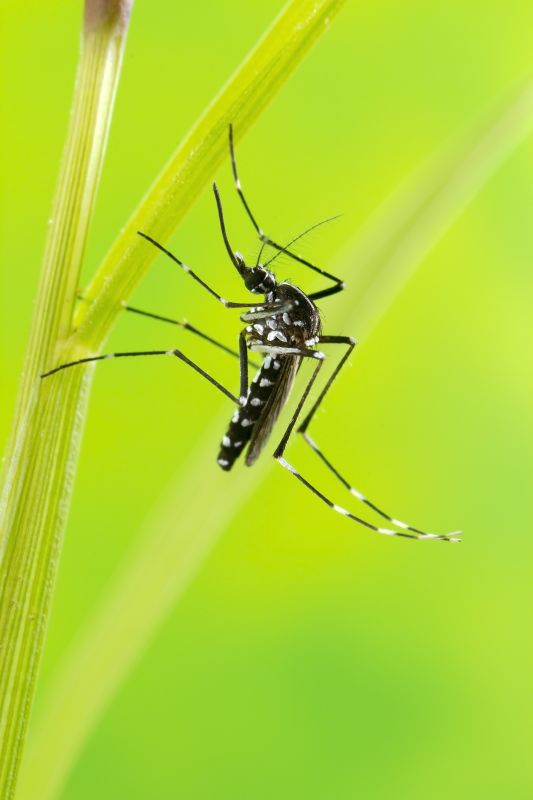
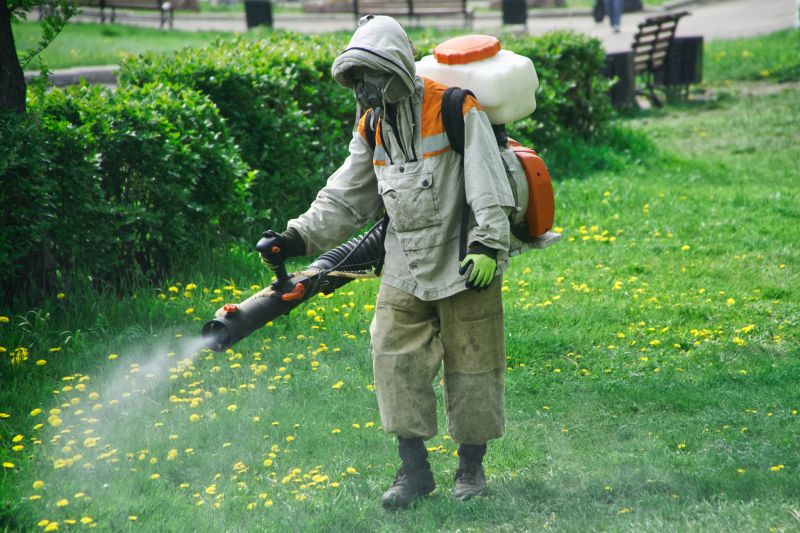
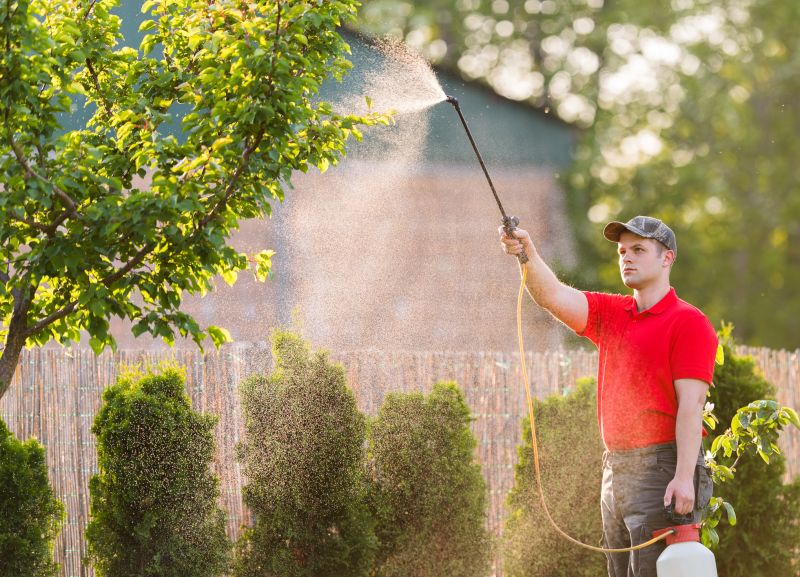
Tree insect treatment services involve applying targeted solutions to protect trees from common pests that can cause significant damage. These treatments typically include the use of insecticides or other control methods designed to eliminate or repel harmful insects such as aphids, beetles, caterpillars, and scale insects. The goal is to prevent pests from feeding on the tree’s leaves, bark, or roots, which can weaken the tree, lead to dieback, or even cause the tree to die if left untreated. By addressing pest problems early, property owners can help maintain the health and appearance of their trees, ensuring they continue to thrive for years to come.
These services are often necessary when signs of pest activity become visible, such as unusual leaf damage, sticky residue on branches, or the presence of insects crawling on or around the tree. Infestations can weaken trees, making them more susceptible to disease, storm damage, or other stressors. Tree insect treatments can help control these pests, reducing the risk of long-term health issues and preserving the overall landscape. Many property owners in residential neighborhoods, commercial properties, and public parks turn to local service providers to help manage pest problems before they cause extensive damage.
The types of properties that typically use tree insect treatment services include private homes, especially those with mature trees or ornamental plantings, as well as commercial properties with landscaped grounds. Parks, golf courses, and municipal properties also frequently rely on these treatments to keep their trees healthy and visually appealing. These services are suitable for any property where maintaining the vitality and aesthetic of trees is a priority. When pests threaten the health of valuable or beloved trees, engaging a local contractor for insect treatment can be an effective step toward protecting the landscape investment.
Homeowners and property managers should consider tree insect treatment services when they notice signs of pest activity or suspect an infestation. Prompt action can prevent minor issues from escalating into serious health threats for the trees. By working with experienced local contractors, property owners can access effective pest control options tailored to the specific needs of their trees and landscape. This proactive approach helps ensure that trees remain healthy, vibrant, and resilient against common pests in the Norwalk, CT area and surrounding communities.
The overview below groups typical Tree Insect Treatment projects into broad ranges so you can see how smaller, mid-sized, and larger jobs often compare in Norwalk, CT.
In many markets, a large share of routine jobs stays in the lower and middle ranges, while only a smaller percentage of projects moves into the highest bands when the work is more complex or site conditions are harder than average.
Small Tree Insect Treatments - Typical costs range from $250 to $600 for routine treatments on smaller trees or limited areas. Many local contractors handle these jobs within this range, which covers common infestations and preventive measures. Larger or more complex cases may cost more, but most projects fall into this middle band.
Medium Tree Insect Treatments - Expect to pay between $600 and $1,200 for treatments on medium-sized trees or multiple trees in a property. These projects are common for homeowners seeking ongoing pest control, with costs varying based on tree size and infestation severity. Fewer projects reach the higher end of this range.
Large Tree Insect Treatments - Larger or heavily infested trees typically cost between $1,200 and $3,000 for professional treatment. Many projects fall into this price range, especially for mature trees requiring specialized equipment or multiple treatment sessions. Larger projects can sometimes exceed this range depending on complexity.
Full Tree Treatment & Replacement - Extensive treatments or tree removals and replacements can range from $3,000 to $5,000 or more. These larger projects are less common and often involve complex assessments by local contractors to determine the best approach for tree health or removal needs.
Actual totals will depend on details like access to the work area, the scope of the project, and the materials selected, so use these as general starting points rather than exact figures.
Tree Pest Control - Local contractors specializing in tree pest control use similar treatments and planning to manage insect infestations affecting trees and surrounding landscapes.
Shrub and Ornamental Insect Treatment - Professionals who treat ornamental plants and shrubs often employ comparable methods for identifying and controlling insect pests.
Tree Health Inspections - Experts conducting tree health assessments utilize similar skills in diagnosing insect-related issues and recommending treatment options.
Insect Barrier Installation - Installation of insect barriers around landscape features involves planning and techniques akin to those used in tree insect management.
Landscape Pest Management - Landscape maintenance providers offering pest management services have expertise in controlling insects that threaten trees and plants.
Tree Pruning and Removal - Tree pruning professionals often identify insect damage during their work, requiring coordinated treatment approaches for affected trees.
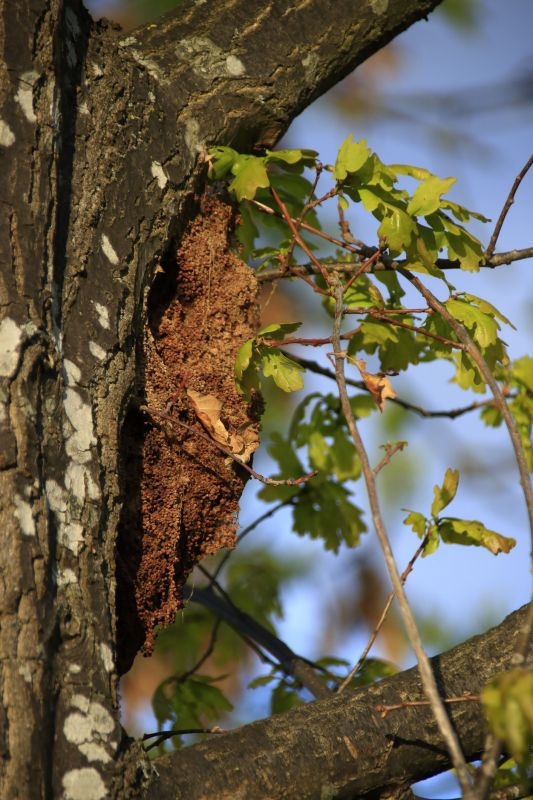
When evaluating contractors for tree insect treatment services in Norwalk, CT, it’s important to consider their experience with similar projects. Homeowners should look for service providers who have a track record of handling tree insect issues comparable to those affecting their landscape. An experienced local contractor will be familiar with the common pests in the area and the most effective treatment methods, which can help ensure the health of the trees is restored and maintained properly.
Clear written expectations are essential when comparing local options for tree insect treatment. Homeowners should seek providers who can offer detailed descriptions of the services they provide, including the scope of work, treatment procedures, and any follow-up recommendations. Having this information in writing helps prevent misunderstandings and ensures that everyone is aligned on what the project entails, making it easier to compare options objectively.
Reputable references and strong communication are key indicators of a reliable service provider. Homeowners can ask potential contractors for references from previous clients who had similar insect treatment needs. Additionally, good communication-such as prompt responses to inquiries and the ability to answer questions thoroughly-can make the process smoother and more transparent. It’s worth noting that this site introduces homeowners to local tree insect treatment providers, but it does not perform the work itself. Instead, it serves as a resource to connect homeowners with qualified local contractors who can handle the job effectively.
Property owners in Norwalk, CT use Tree Insect Treatment services for practical projects around their homes and businesses. This guide focuses on everyday jobs and straightforward project options.
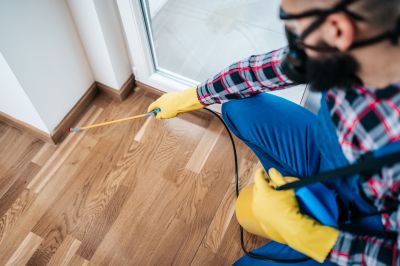
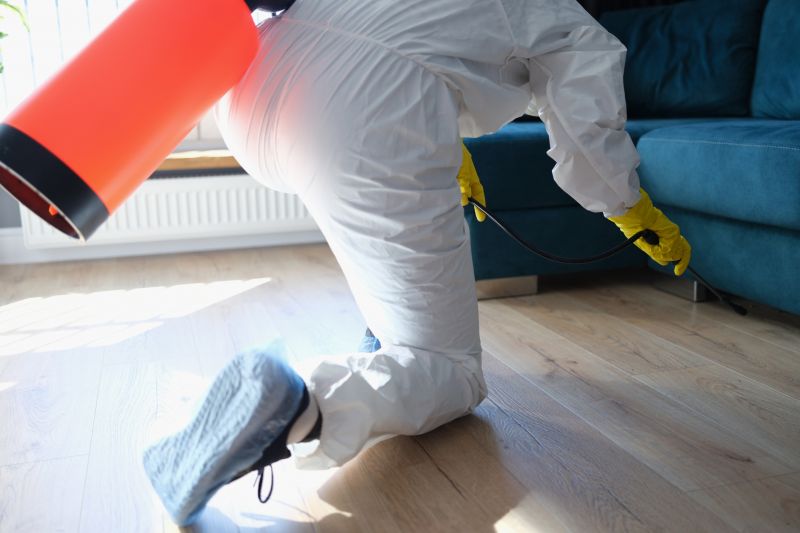
Homeowners in Norwalk, CT often seek tree insect treatment services when they notice unusual activity on their trees, such as visible pests, holes, or leaf damage. These signs can indicate an infestation that threatens the health of the trees and the overall appearance of a property. Local contractors who specialize in insect treatments can assess the situation and recommend appropriate solutions to protect the trees and maintain the yard’s aesthetic appeal.
Property owners might also look for insect treatment services if they want to prevent future infestations that could weaken or kill their trees. Regular inspections and targeted treatments by experienced service providers can help keep trees healthy and free from damaging pests. Connecting with local experts ensures that the specific needs of trees in Norwalk’s climate and environment are addressed effectively.
What are common signs that a tree has insect problems? Indicators include wilting leaves, visible insects or holes in the bark, and unusual branch dieback, which local contractors can assess during an inspection.
How do insect treatments work on trees? Treatments typically involve applying insecticides or targeted solutions to affected areas to eliminate pests and protect the tree’s health, handled by local service providers.
Are insect treatments safe for surrounding plants and pets? Most treatments are designed to minimize risks to nearby plants and animals, but it’s best to consult with local contractors about specific products used in your area.
What types of insects are commonly treated in trees? Common pests include beetles, aphids, caterpillars, and scale insects, which can cause damage if not managed by experienced local professionals.
How can I prevent insect infestations in my trees? Regular inspections, proper pruning, and maintaining tree health can reduce the risk of infestations, with local contractors offering advice and treatment options.
Tree Insect Treatment Planning - Property owners can schedule treatments to protect their trees from common pests that threaten their health and appearance.
Seasonal Pest Prevention - Homeowners can prepare for peak insect activity by arranging for preventive treatments before pests become a problem.
Tree Health Maintenance - Those with mature or valuable trees can use insect treatments as part of a regular care routine to maintain tree vitality.
Landscape Preservation - Property managers can incorporate insect treatments into their landscape management plans to keep outdoor spaces healthy and attractive.

If you are thinking about Tree Insect Treatment for a property in Norwalk, CT, this guide is meant to help you understand the work, the typical project types, and how different options might fit your plans.
When you are ready, you can use the quote form on this page to share a few details about your project. From there, local pros can review the basics and respond with options that match what you have in mind.
